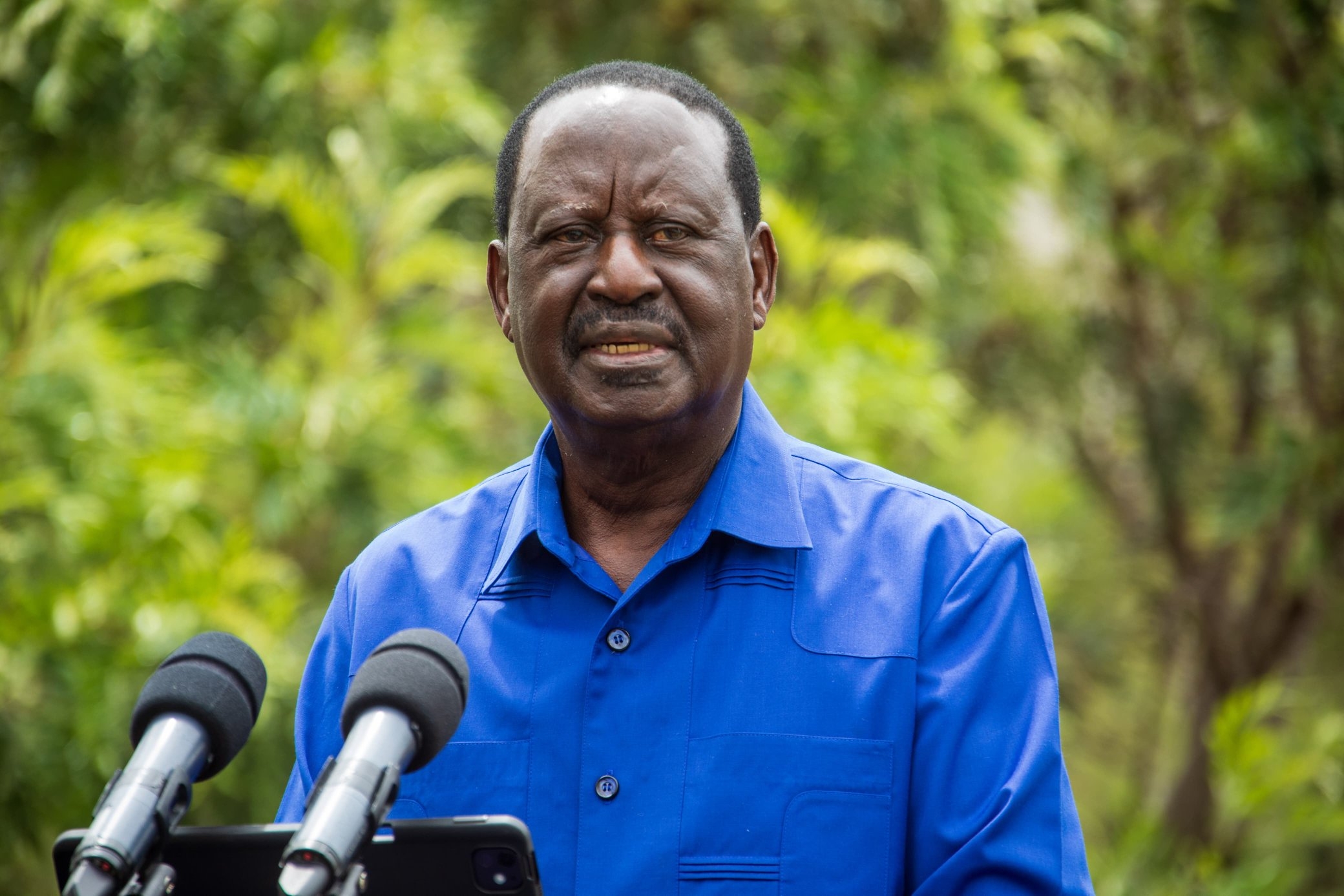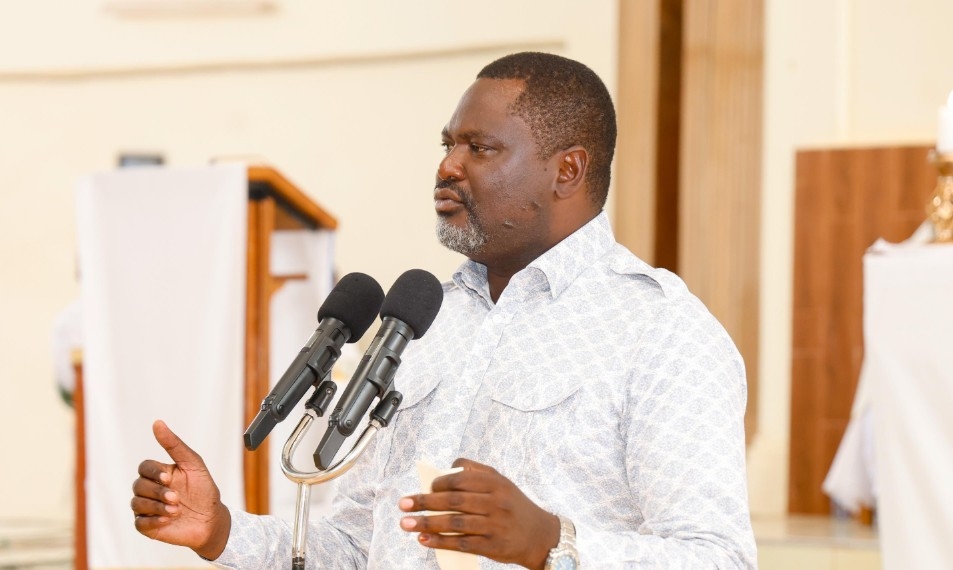Public universities will be required to admit and provide learning to students who have failed to raise or fully pay fees as required under the new university funding model, the High Court has said.
This is after Justice Bahati Mwamuye issued an order prohibiting all public universities and public institutions of tertiary learning from refusing to admit or provide learning and access to facilities for any student on the basis that they have failed to pay fees under the new Higher Education Funding Model, the new university model or TVET financing model.
The judge in certifying the matter filed by Cofek and Elimika Mashinani trust as urgent considered their arguments that the move by the state is affecting a majority of students set to join or continue education within public universities through the applications of the new Higher education funding model.
They termed the model as discriminatory as it would see other people being locked out of tertiary education.
"The funding model will adversely affect people from poor backgrounds and deny them an opportunity to pursue higher learning. It goes against the provisions of the existing laws," they told the court.
The court further heard that the admission window for the same is set to open on August 26 and close on September 6.
President William Ruto unveiled the new university and TVETs funding model on May 3, 2023.
The funding model places students in five bands using eight variables, including parents’ background, gender, course type, marginalization, disability, family size, and composition.
Ruto said it was aimed at primarily benefiting students from extremely poor backgrounds.
Under the model, learners from vulnerable and extremely needy families have equal opportunities at accessing university education, he said.
Needy students will receive government scholarships of up to 53 per cent and loans of up to 40 per cent.
"Parents will only pay 7 per cent of the total cost of their university education," Ruto said.
Those joining TVETs will receive government scholarships of up to 50 per cent and 30 per cent in loans.
Their households will pay 20 per cent of the costs.
The Judge directed the petitioners to serve the respondents and interested parties with their application and order of the court by August 25.
The respondents are to file their responses by September 6.
The matter will be mentioned on September 18 to confirm if the parties complied with court directions.












![[PHOTOS] Ruto present as NIS boss Noordin Haji's son weds](/_next/image?url=https%3A%2F%2Fcdn.radioafrica.digital%2Fimage%2F2025%2F11%2Ff8833a6a-7b6b-4e15-b378-8624f16917f0.jpg&w=3840&q=100)




